While the State exists there can be no freedom; when there is freedom there will be no State
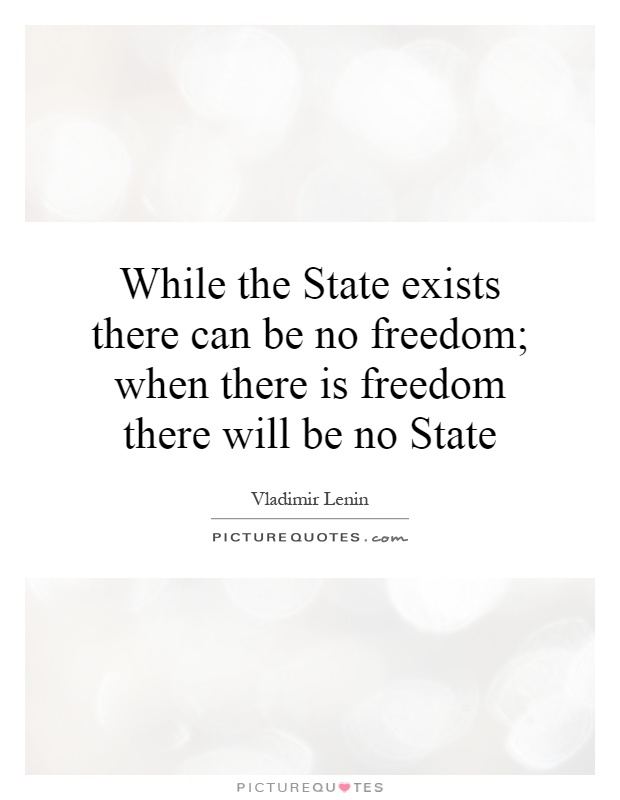
While the State exists there can be no freedom; when there is freedom there will be no State
Vladimir Lenin, the revolutionary leader and founder of the Soviet Union, was a staunch advocate for the abolition of the state in order to achieve true freedom for the people. His famous quote, "While the State exists there can be no freedom; when there is freedom there will be no State," encapsulates his belief that the existence of a centralized government inherently restricts the liberties of the individual.Lenin's ideology was deeply rooted in Marxist theory, which posits that the state is a tool of the ruling class to maintain their power and oppress the working class. He believed that the state, with its hierarchical structure and monopoly on violence, served to perpetuate inequality and limit the autonomy of the masses. In order to achieve true freedom and equality, Lenin argued that the state must be dismantled and replaced with a system of direct democracy and worker control.
Lenin's vision of a stateless society was inspired by the writings of Karl Marx and Friedrich Engels, who envisioned a future communist society where the state would wither away as class distinctions dissolved. Lenin believed that the establishment of a dictatorship of the proletariat, where the working class held political power, was a necessary step towards achieving this stateless society. However, he also recognized the dangers of state power becoming entrenched and corrupt, leading to the suppression of dissent and the erosion of individual freedoms.
Throughout his leadership of the Bolshevik Party and the Russian Revolution, Lenin grappled with the tension between the need for a strong centralized state to consolidate power and the ultimate goal of abolishing the state altogether. While he implemented policies such as nationalization of industry and collectivization of agriculture to centralize control, Lenin also advocated for grassroots democracy and worker self-management as a means of decentralizing power and empowering the masses.
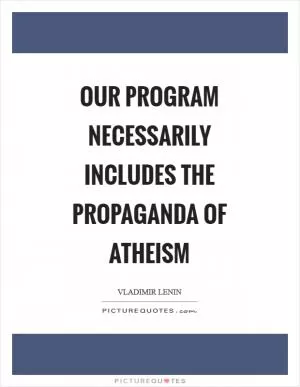
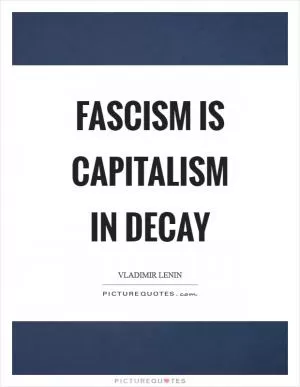
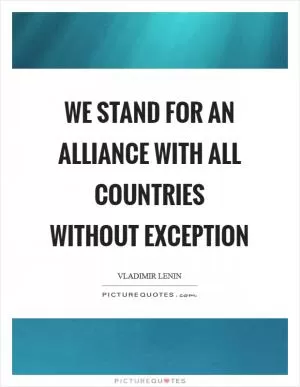
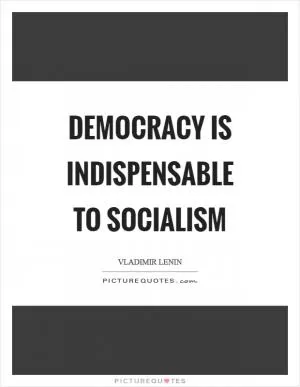
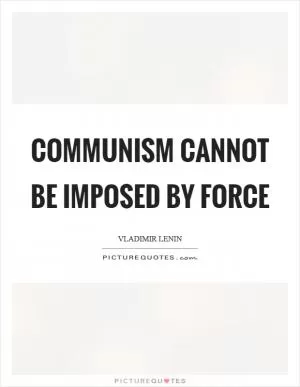
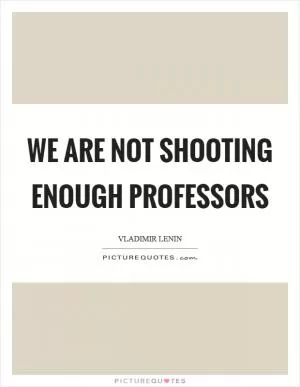
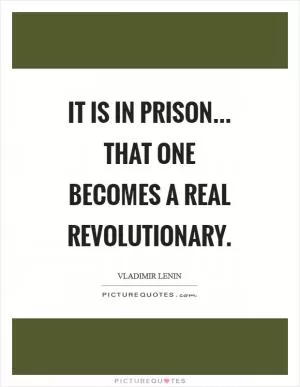
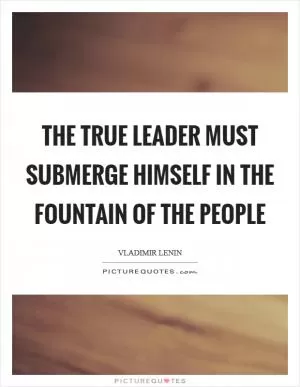
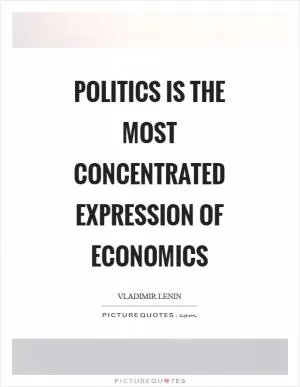
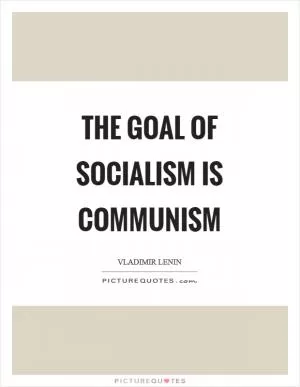
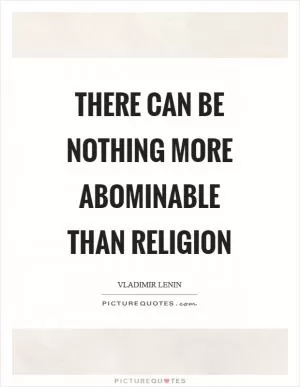
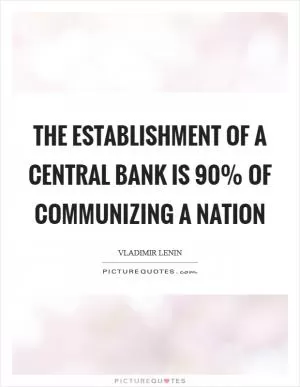
 Friendship Quotes
Friendship Quotes Love Quotes
Love Quotes Life Quotes
Life Quotes Funny Quotes
Funny Quotes Motivational Quotes
Motivational Quotes Inspirational Quotes
Inspirational Quotes